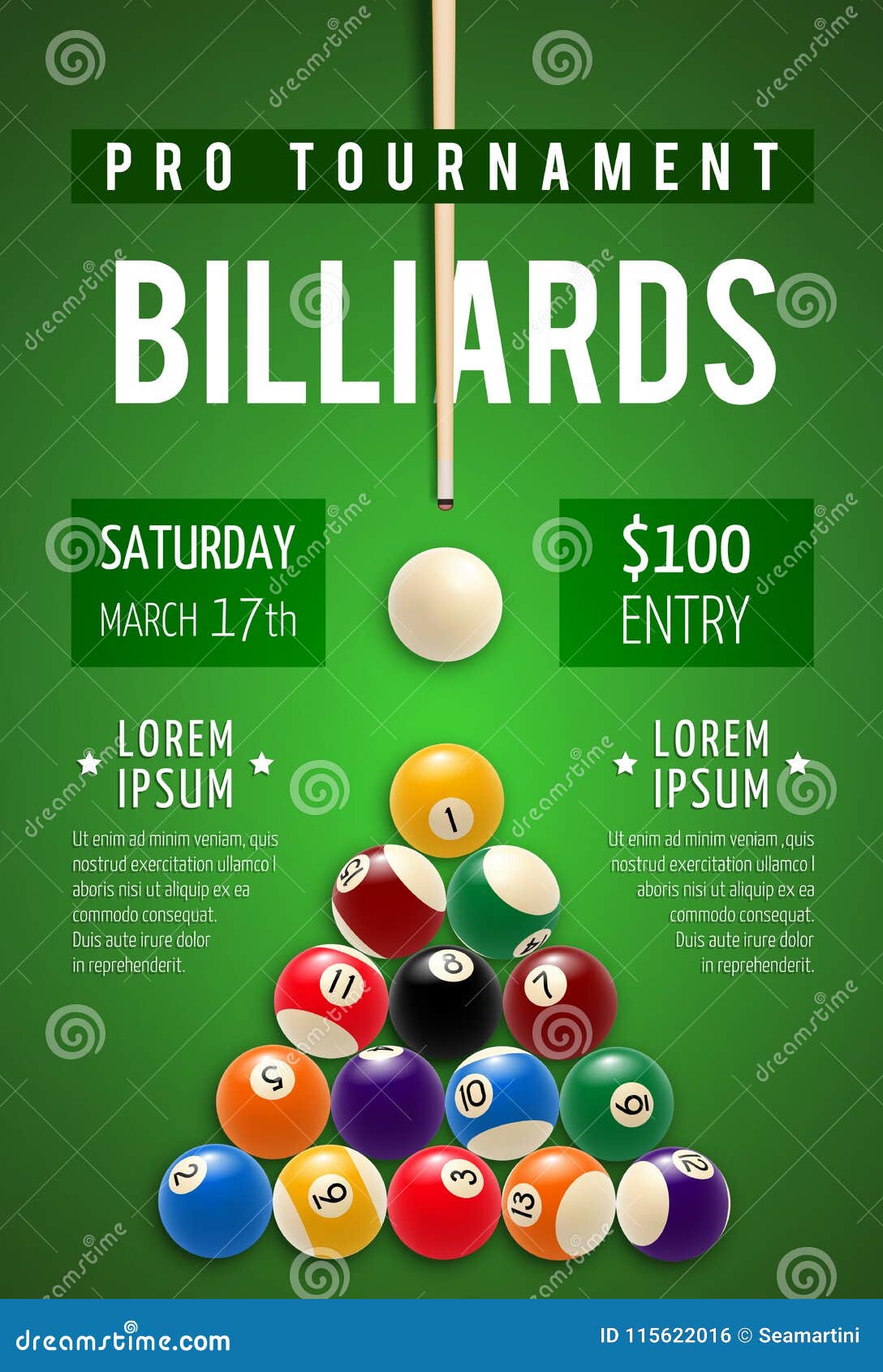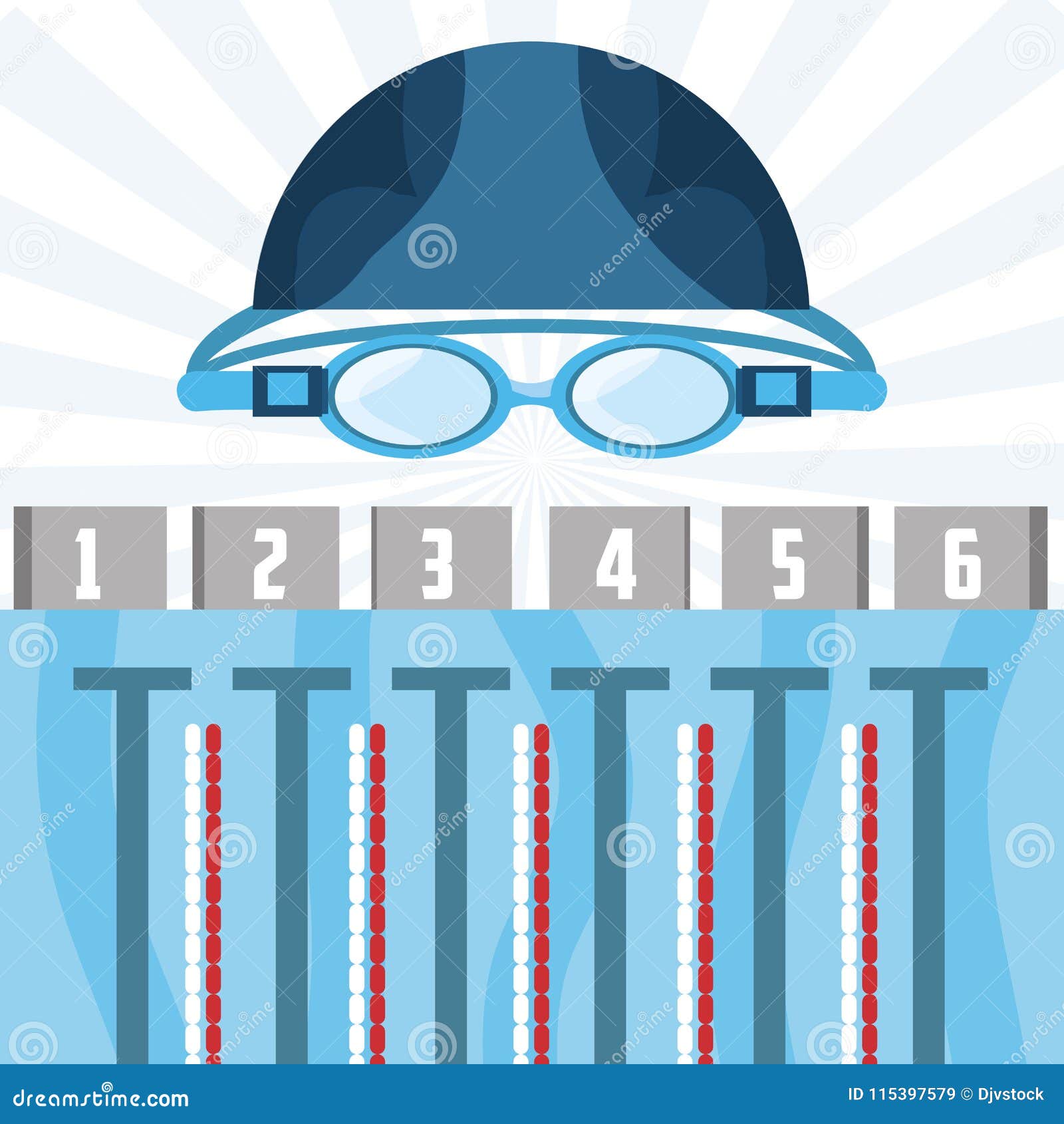The debate over whether pool is a sport or a game has been ongoing for years, sparking discussions among enthusiasts, players, and sports analysts alike. Many people are divided on this topic, and understanding the nuances can help clarify its classification. Whether you're a casual player or a professional, the distinction matters in terms of recognition, competition, and cultural acceptance.
Pool, often referred to as billiards, is a tabletop game played on a felt-covered table with balls and cues. While some argue that it's purely a game due to its recreational nature, others emphasize its competitive structure, skill requirements, and physical demands. In this article, we will delve into the intricacies of this debate and provide a comprehensive understanding of why pool can be considered both a sport and a game.
By exploring the history, rules, physical and mental demands, and competitive landscape of pool, we aim to answer the question: Is pool a sport or a game? This article will not only provide insights but also highlight the importance of recognizing pool as a legitimate activity that requires dedication, practice, and expertise.
Read also:The Gulf Of Mexico A Natural Marvel Shaping Ecosystems And Economies
What is Pool?
Pool, also known as pocket billiards, is a cue sport played on a table with six pockets. The game involves using a cue stick to strike billiard balls and sink them into the pockets. While it is often played casually in bars and homes, it also has a competitive side with professional tournaments and leagues.
Origins and History of Pool
The origins of pool can be traced back to the 15th century when it was played outdoors as a lawn game. Over time, it evolved into an indoor activity with tables and pockets. The term "pool" itself comes from the betting pools that were common in early pool halls. Today, pool has grown into a global phenomenon with millions of players worldwide.
Is Pool a Sport?
Defining pool as a sport depends on the criteria used. Sports typically involve physical exertion, competition, and skill development. Pool meets many of these requirements, making it a legitimate contender for classification as a sport.
Physical and Mental Demands
Playing pool requires a combination of physical and mental abilities. Players must have excellent hand-eye coordination, precision, and control. Additionally, the mental aspect of the game involves strategy, focus, and problem-solving. These elements are essential in determining whether pool can be classified as a sport.
Is Pool a Game?
On the other hand, pool is undeniably a game. It is played recreationally by people of all ages and skill levels. The casual nature of pool makes it accessible and enjoyable for many, blurring the lines between a sport and a game.
Recreational vs. Competitive Play
- Recreational pool is played for fun and social interaction.
- Competitive pool involves structured rules, tournaments, and rankings.
- The distinction between the two highlights the dual nature of pool as both a sport and a game.
Rules and Regulations of Pool
Understanding the rules of pool is crucial in determining its classification. The game has various formats, including eight-ball, nine-ball, and straight pool, each with its own set of rules. These rules ensure fairness and consistency in gameplay.
Read also:Demi Rose The Rise Of A Global Icon
Key Rules of Pool
- Players must pocket balls in a specific order based on the format being played.
- Fouls occur when a player fails to hit the correct ball or commits other infractions.
- Winning conditions vary depending on the format, but typically involve pocketing all designated balls or achieving a specific score.
Competitive Pool: Tournaments and Leagues
Pool has a thriving competitive scene with numerous tournaments and leagues around the world. These events attract top players who compete for titles, rankings, and prize money. The presence of such competitions further supports the argument that pool is a sport.
Professional Players and Organizations
Professional pool players are highly skilled individuals who dedicate their lives to mastering the game. Organizations like the World Pool-Billiard Association (WPA) and the Billiard Congress of America (BCA) govern the sport and promote its growth.
Physical and Mental Benefits of Playing Pool
Playing pool offers numerous physical and mental benefits. Physically, it improves hand-eye coordination, balance, and fine motor skills. Mentally, it enhances focus, strategic thinking, and problem-solving abilities. These benefits align with the characteristics of a sport.
Health and Fitness Implications
While pool may not involve intense physical activity like running or swimming, it still requires physical engagement. Players must maintain proper posture, control their movements, and practice regularly to improve their skills. This level of commitment is akin to that of traditional sports.
Public Perception and Cultural Significance
The perception of pool as a sport or a game varies across cultures and demographics. In some regions, it is highly regarded as a legitimate sport, while in others, it is seen as a casual pastime. Understanding these cultural differences is essential in resolving the debate.
Global Reach and Popularity
Pool has a massive global following, with millions of players and fans worldwide. Its popularity is evident in the number of tournaments, leagues, and online communities dedicated to the game. This widespread appeal underscores its significance as both a sport and a game.
Scientific and Expert Opinions
Experts in sports science and psychology have weighed in on the debate, providing valuable insights into the nature of pool. Studies have shown that pool requires a high level of skill, focus, and mental acuity, supporting its classification as a sport.
Research and Data
A study published in the Journal of Sports Sciences found that pool players exhibit similar levels of cognitive and physical engagement as athletes in traditional sports. This research highlights the legitimacy of pool as a sport and reinforces the importance of recognizing its competitive aspects.
Conclusion
In conclusion, the question of whether pool is a sport or a game does not have a definitive answer. It can be classified as both, depending on the context and perspective. The competitive nature, physical and mental demands, and global recognition of pool make it a legitimate sport. At the same time, its recreational and social aspects emphasize its identity as a game.
We encourage readers to explore the world of pool further and appreciate its dual nature. Whether you're playing casually with friends or competing in professional tournaments, pool offers a unique experience that combines skill, strategy, and enjoyment. Share your thoughts in the comments below, and don't forget to check out our other articles on sports and games!
Table of Contents
- What is Pool?
- Is Pool a Sport?
- Is Pool a Game?
- Rules and Regulations of Pool
- Competitive Pool: Tournaments and Leagues
- Physical and Mental Benefits of Playing Pool
- Public Perception and Cultural Significance
- Scientific and Expert Opinions
- Conclusion


